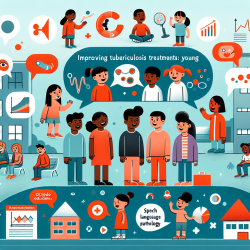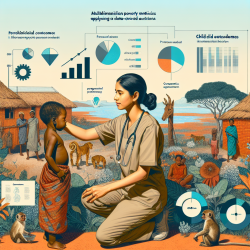Understanding text comprehension is a multifaceted process, often analyzed through both linguistic and cognitive lenses. The research article titled "Évaluation de la compréhension de textes narratifs construits selon un modèle théorique" by Chesneau, Roy, and Ska, delves into these complexities using Kintsch's model (1988). This model distinguishes three levels of discourse representation: the linguistic form, the text base, and the situational model. As practitioners in the field of special education, integrating these insights can significantly enhance our approach to evaluating and improving text comprehension among students.
The study's primary goal was to develop a protocol that allows for a nuanced evaluation of text comprehension. It involved creating three series of texts, each designed to highlight potential weaknesses at different levels of discourse comprehension. These texts were then validated through a rigorous process involving multiple participants, ensuring their equivalence and effectiveness.
Key Takeaways for Practitioners
Here are some practical steps you can take to implement the findings from this research in your practice:
- Assess Multiple Levels: Ensure your evaluation tools assess not just the surface structure (linguistic form) but also the text base (microstructure and macrostructure) and the situational model. This holistic approach will help identify specific areas where a student may struggle.
- Use Equivalent Texts: Utilize texts that are validated for equivalence in structure and content. This ensures that the assessment is fair and the results are reliable.
- Incorporate Real-World Scenarios: Include situational models that require students to infer and update their understanding as they read. This mirrors real-world reading experiences and can improve their overall comprehension skills.
- Continuous Validation: Regularly validate and update your assessment tools based on feedback and performance data. This ensures they remain effective and relevant.
Encouraging Further Research
While this study provides a robust framework, further research is essential to continue refining our understanding and approaches to text comprehension. Practitioners are encouraged to explore additional studies and contribute to ongoing research efforts. Collaboration with academic institutions and participation in professional development opportunities can also be beneficial.
To read the original research paper, please follow this link: Évaluation de la compréhension de textes narratifs construits selon un modèle théorique.










